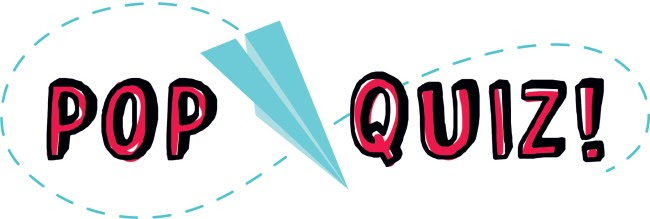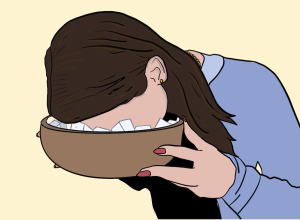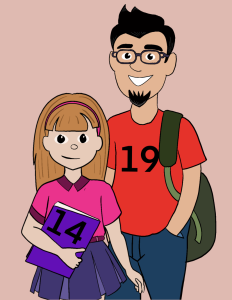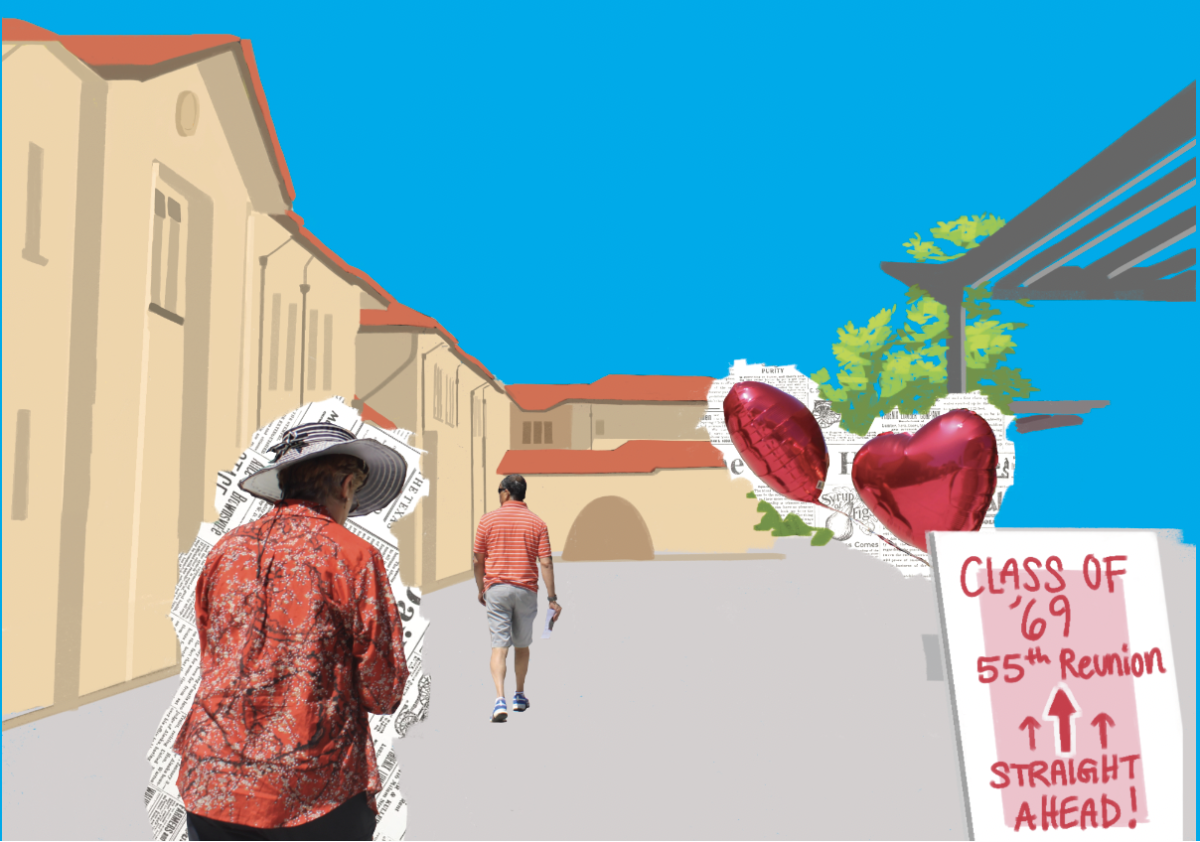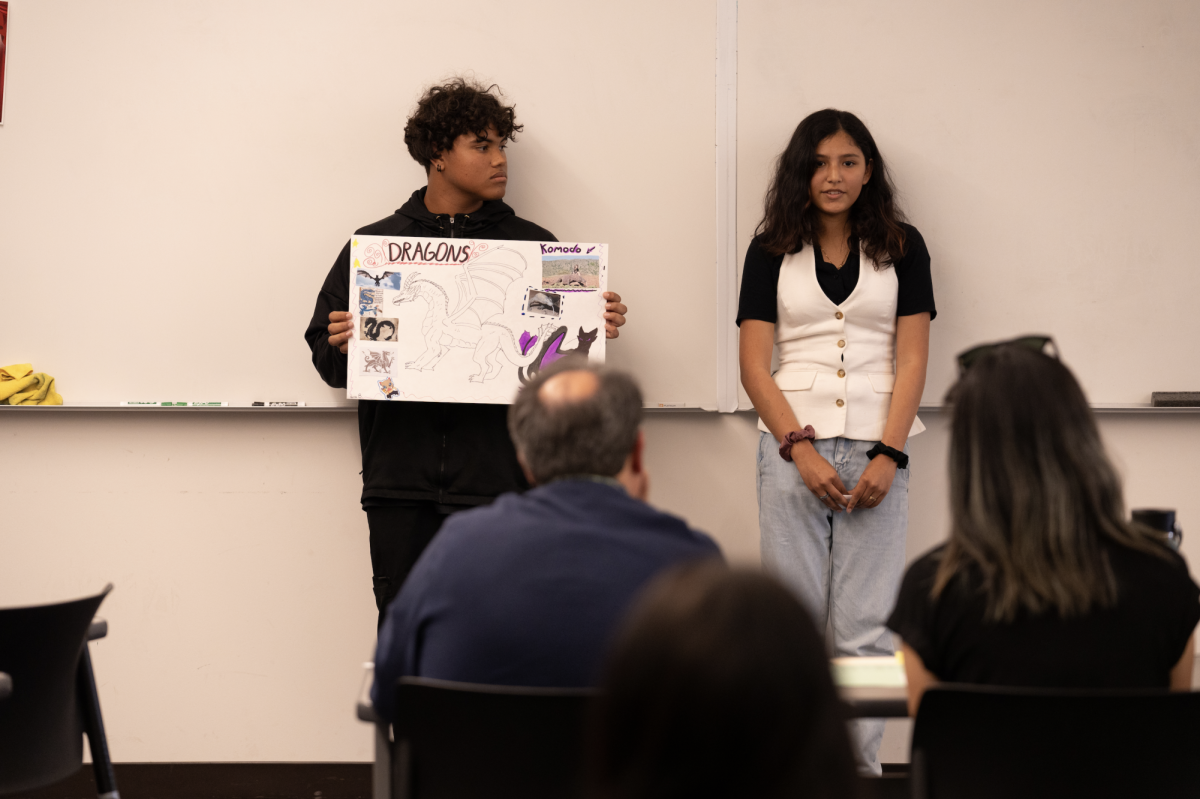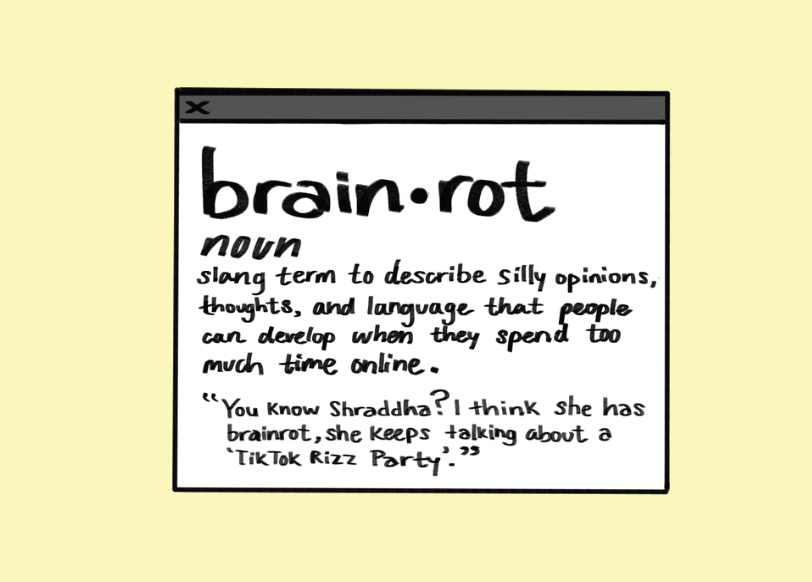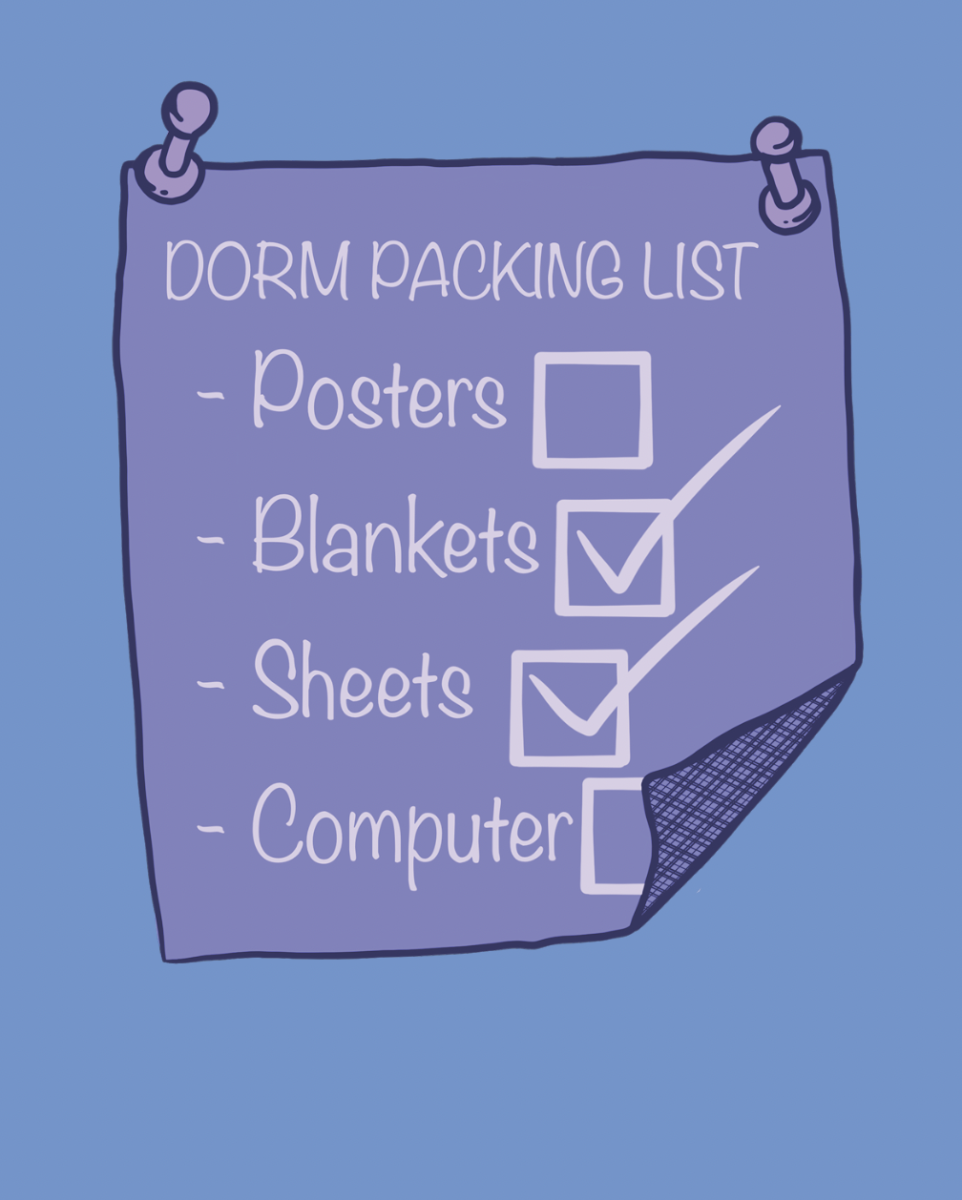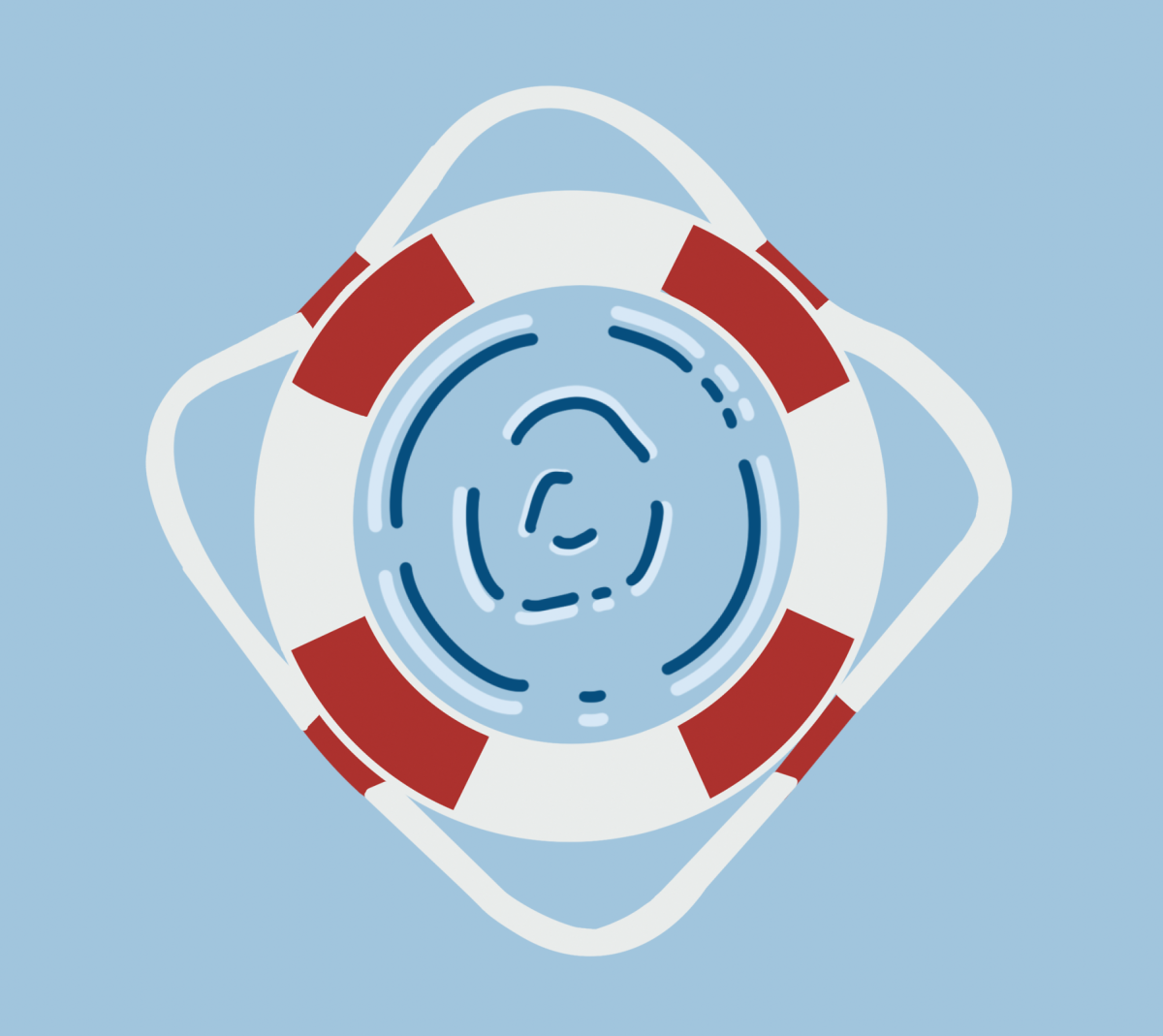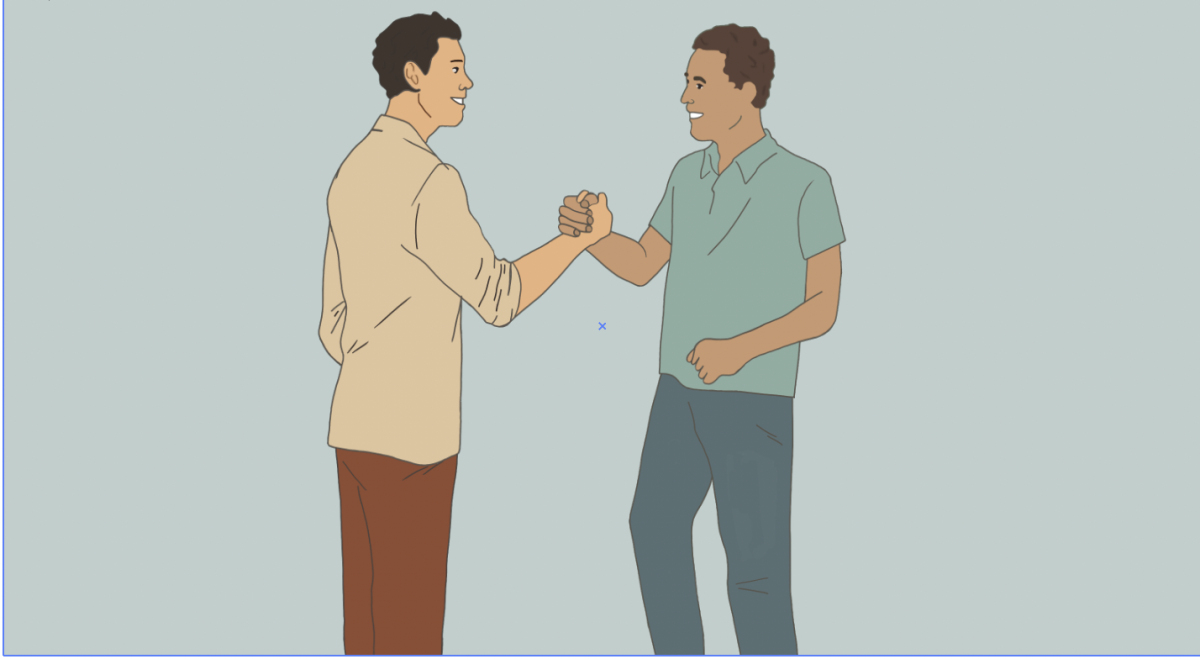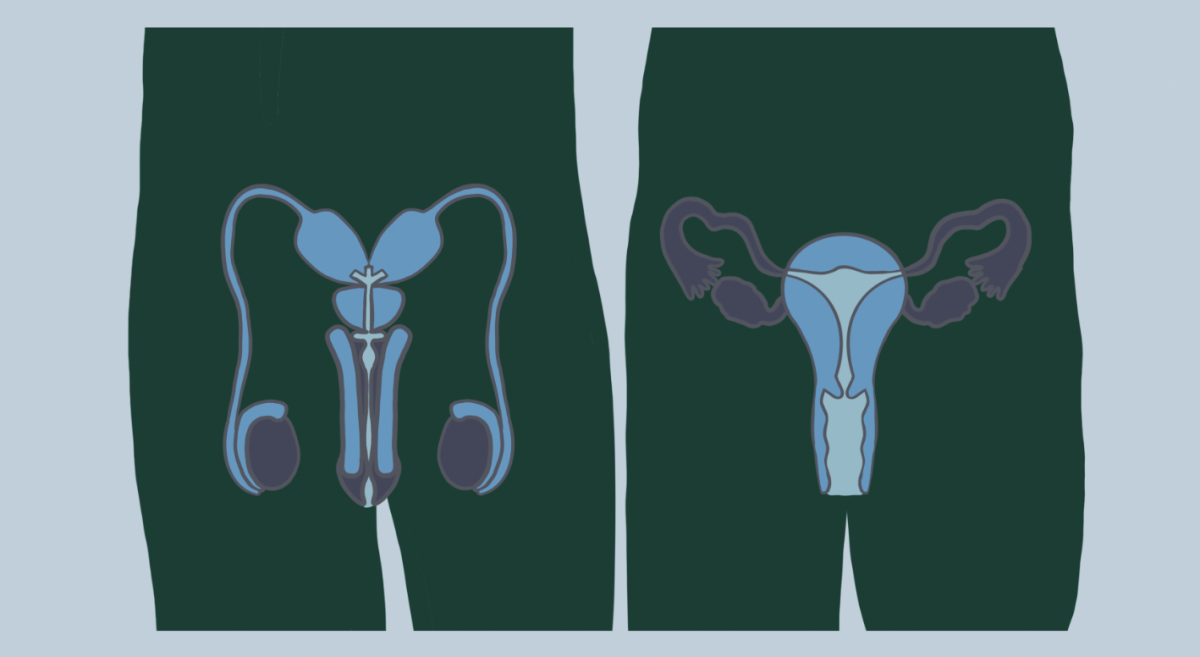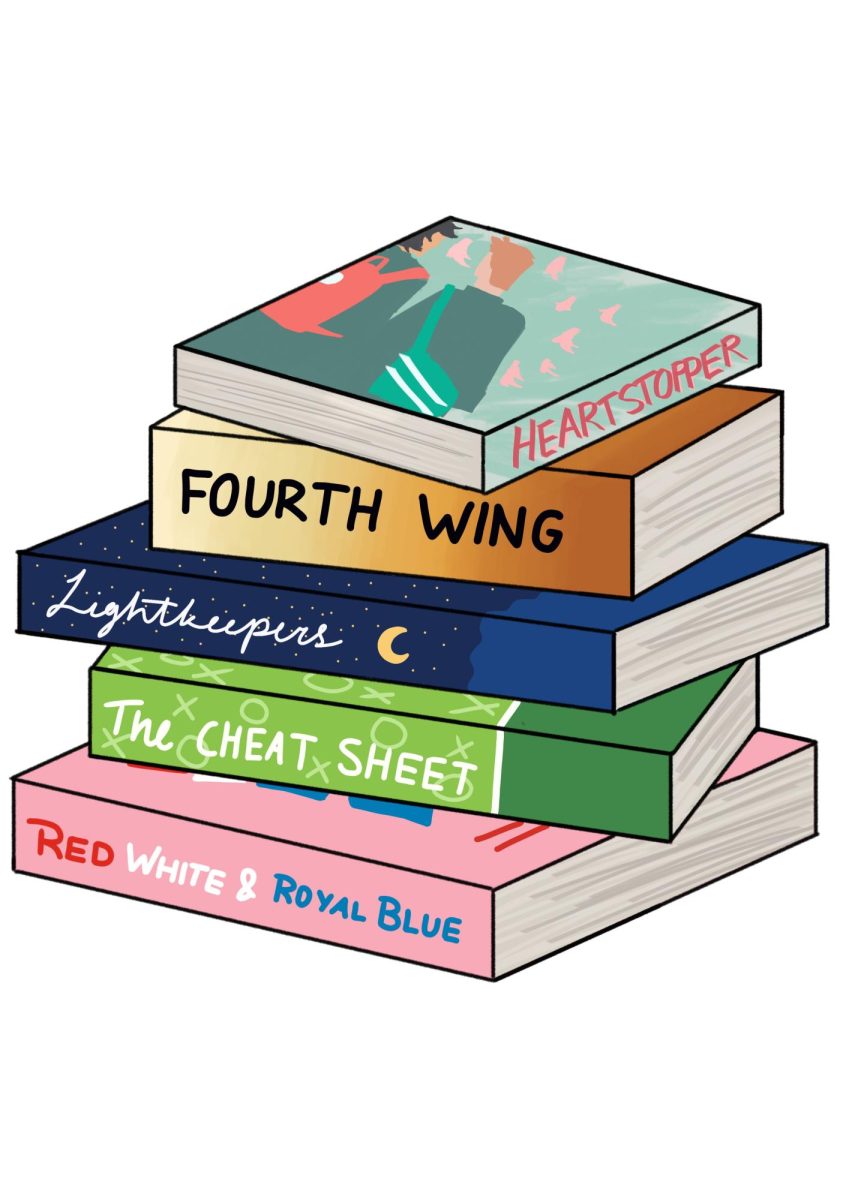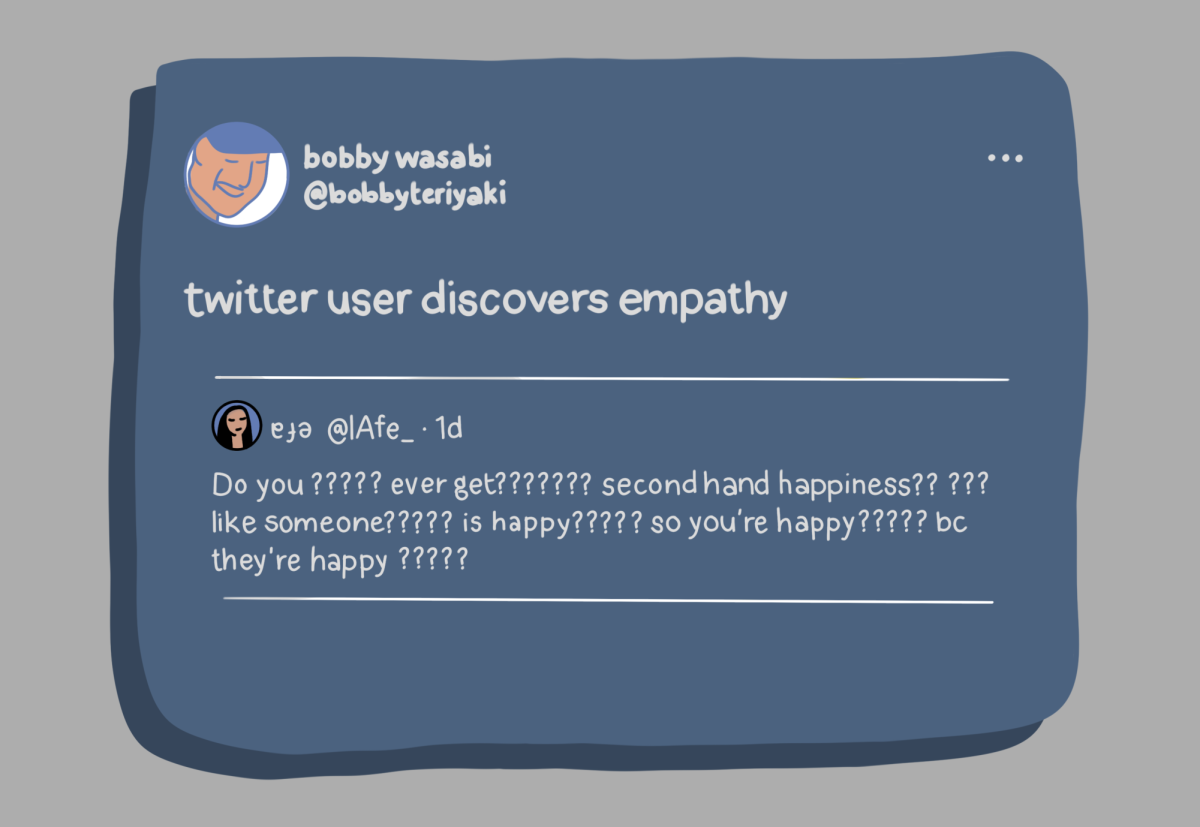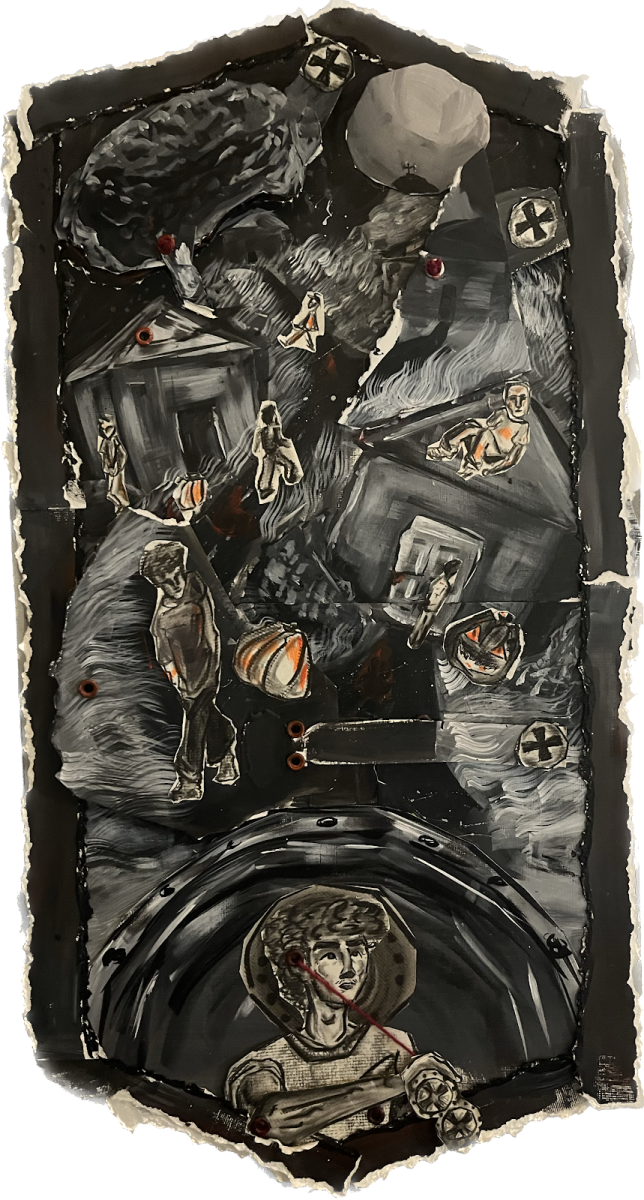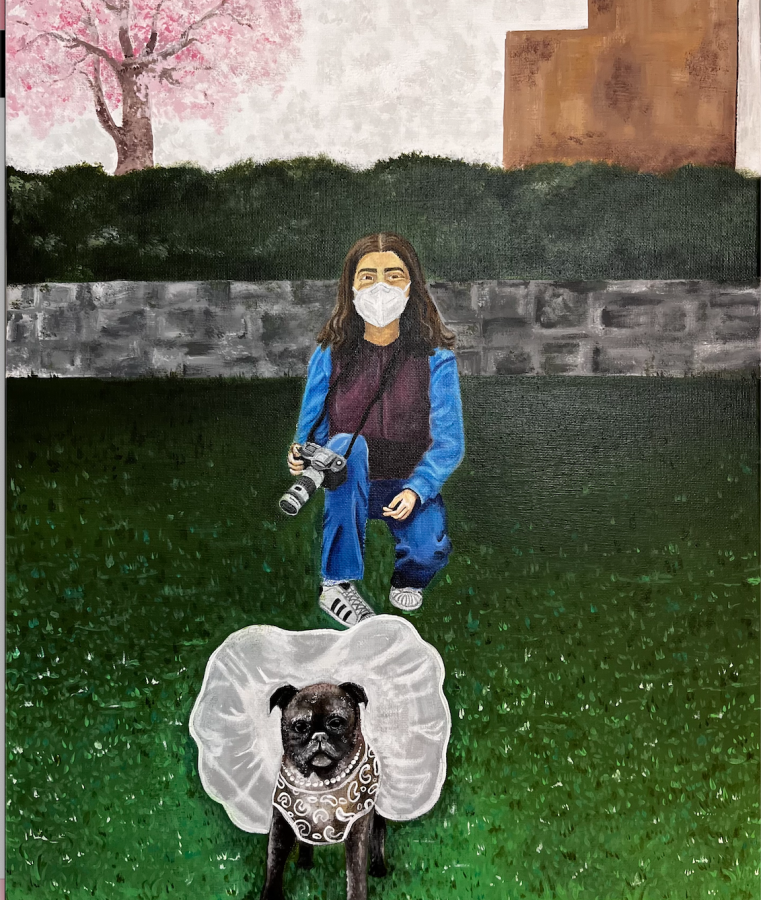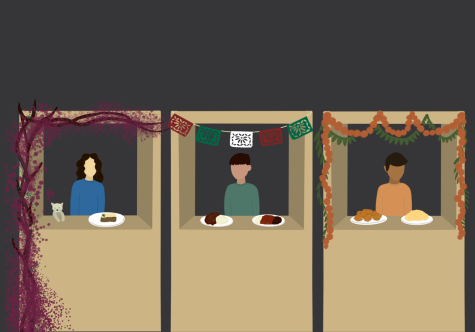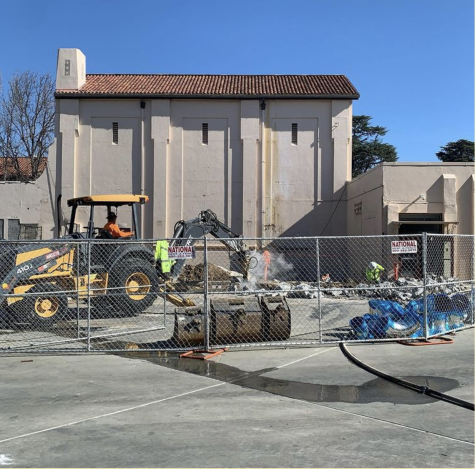Effects of pop quizzes of high school students
November 3, 2021
Pop quizzes have always been a source of stress for students. They are a point of contention in schools and are still given to students to this day. Some teachers do not like giving pop quizzes to their students while others do. Either way, most students share a common negative opinion about pop quizzes.
Students have fairly busy lives and are in the process of learning time management and organizational skills at school. Completing homework and studying in addition to sports and extracurricular activities can be stressful and challenging even with having prior knowledge about assignments. Pop quizzes are especially difficult since students are not informed of them beforehand, giving them no time to prepare.
“Knowing that you have a test changes the outcome of your grade,” sophomore Sophia Harvey said.
Being aware of an assessment in advance allows students to prepare and study for it. This time allows for students to do better on quizzes than if they had no knowledge beforehand.
“If the teachers tell you that you’re having a quiz, you would have time to prepare and get all of your jitters out,” sophomore Nicole Saienga said. “I think we tend to forget the more we try to remember because of how nervous we get.”
Stress is also a major issue with giving pop quizzes. Many students suffer from stress and anxiety on a regular basis and it is more widely recognized and talked about today. A stressful learning environment has proven to prevent students from reaching their maximum learning potential. This is due to the fact that when people are under a lot of stress they are unable to think critically, and their brains naturally go into a fight or flight response.
“Your body is basically diverting all of its resources to the things that are going to keep you alive,” science teacher Colleen Carey said.
This phenomenon affects many students when they are under pressure and nervous about a surprise quiz. The anxiety created when presented with a pop quiz often prohibits students from thinking critically and using their memory to complete the quiz to the best of their knowledge.
A positive learning environment is one that helps make students feel more comfortable in asking questions and for help if they are struggling. This is something that most teachers strive for in their classrooms. Yet some teachers try to take an easier approach to their own work by giving students more quizzes.
“One way to not have to grade homework is to give more quizzes,” Carey said. “[Teachers] might be trying to make sure that people are keeping up with long-term assignments.”
Unfortunately, most students feel as if they are under a lot of pressure when handed pop quizzes and this might be due to the stress placed upon students regarding grades and the expectations to attend a good college.
“A lot of the time my anxiety starts to kick in,” sophomore Ajsela Civić said.
Similarly, students tend to feel that their academic ability is not adequately presented while taking pop quizzes.
“I don’t think that my academic thinking is portrayed well on a pop quiz mainly because you have a different mindset knowing that you have a quiz than it just being thrown in your face,” Harvey said.
Overall, most students feel that pop quizzes are not in their best interests. They do not feel like their level of knowledge is accurately shown in the grade that they receive on the quiz. Whether teachers are trying to keep up on the students’ progress or want them to keep up with work, students believe that pop quizzes create a negative learning atmosphere and do not help the learning process.


